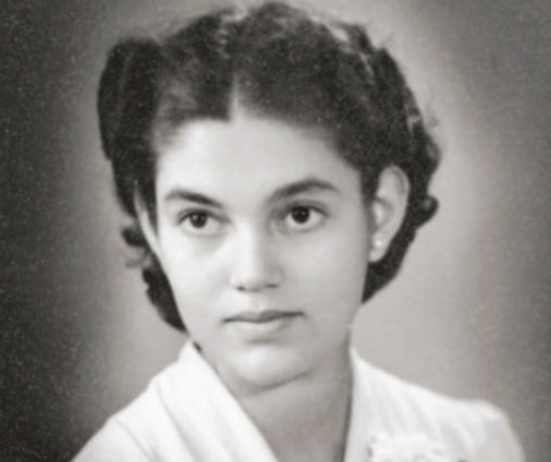Then in 1992, when she was almost 70, God suddenly set her life-task before her. Three elderly Korean war-rape victims spoke out on television and inspired her to do the same. If she backed them up, adding her European voice to theirs, they might together get Japan's attention. The only hard part of her decision was that she had to tell her daughters the secret first. She could not do so face to face. Instead she wrote two copies of what she called "Cry of the Raped", stuffed them into envelopes and left them to be read.
然后在1992年,当奥赫恩快70岁时,上帝突然把她一生的任务摆到她面前。 三位上了年纪的韩国战争强奸受害者在电视上发表了自己的看法,并激励她也这么做。如果奥赫恩支持他们,加上她欧洲的发言,他们一块可能会得到日本的注意。这个决定的最难的部分是,她得先把这个秘密告诉她的女儿。奥赫恩面对面做不到这件事。相反,她写了两份她称为“被强奸者的哭声”的信,把信放在信封里给他们读。
But the deed was done. She could let her awful secret out to the world now, not as a "comfort woman"—how she hated that insulting, cuddly name—not as an angry victim seeking revenge, but as a calmly spoken witness who wanted Japan to admit what its soldiers had done to perhaps 200,000 women like herself. Released and relieved, she addressed a war-crimes hearing in Tokyo, gave testimony to Congress and, whenever victims gathered, hugged and encouraged them. They won some compensation, though she herself would not accept it, since Japan's right-wing government still refused to make a full apology. Now that the story was out, the case for one was overwhelming.
但是事情已经发生了。她现在可以把她糟糕的秘密公之于众了,不是作为一个“慰安妇”-她痛恨这个侮辱人的,逗人喜爱的名字-不是作为一个寻求复仇的愤怒的受害者,而是作为一个冷静的证人,一个想要日本承认他们的士兵向像她这样的可能有200000女性做过的事情。奥赫恩获释后如释重负,在东京的一个战争罪行听证会上发表了讲话,每当受害者聚集、拥抱和鼓励他们的时候,就去国会作证。她们赢得了一些赔偿金,但是奥赫恩不会接受它,因为日本的右翼政府仍然拒绝作出全面道歉。既然这个故事已经公诸于世,那么理由就很充分了。

Time and again she thought of the passage from Ephesians 5 which Sister Xavier had made her learn at school, when she had tried to cheat in an exam: "The things which are done in secret are things that people are ashamed even to speak of; but anything exposed by the light will be illuminated, and anything illuminated turns into light." So it had proved. And the white handkerchief, too, had left the darkness of the drawer. She had given it to the Australian War Memorial, where it stood on display and shone: seven testifying, suffering names to speak for all the others.
她一次又一次地想起姐姐泽维尔让她在学校学习《以弗所书》第5章,那之前她试图在考试中作弊:“在隐密处所行的事,就是人们羞于启齿的事情;但是任何被光照到的事情都将是光明的,任何光明的事情都会化成光。”这件事证明了这一点。白手帕也离开了抽屉中的黑暗。她已经把它交给了澳大利亚战争纪念馆,它陈列在那里,闪闪发光:七个作证的、痛苦的名字代表了所有其他人。
译文由可可原创,仅供学习交流使用,未经许可请勿转载。













